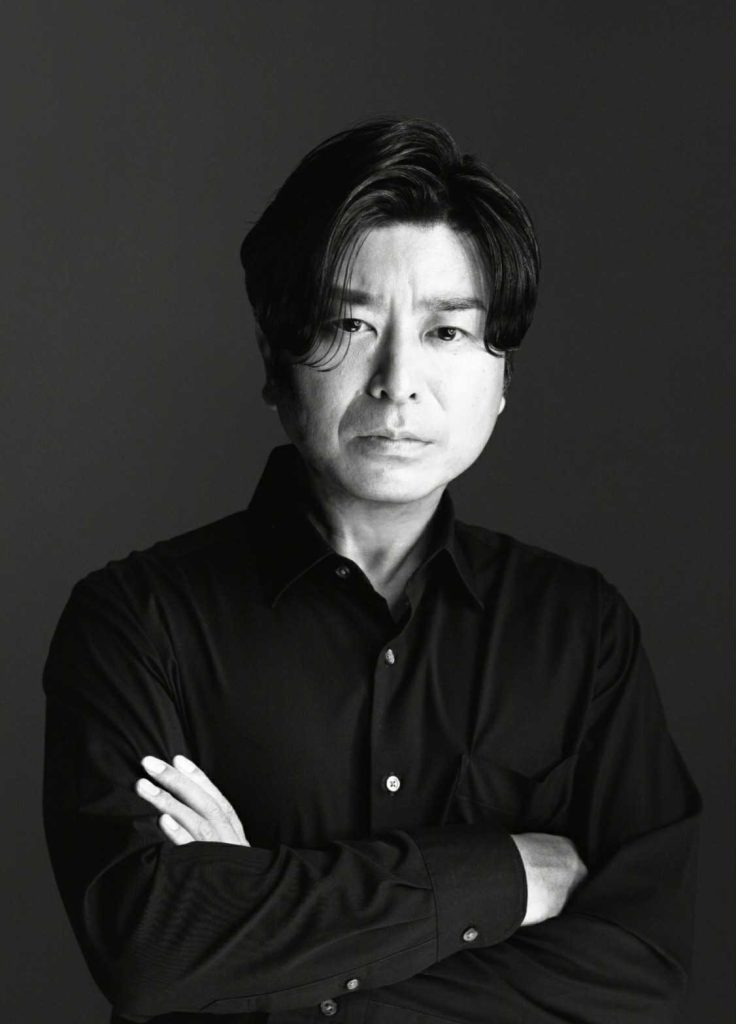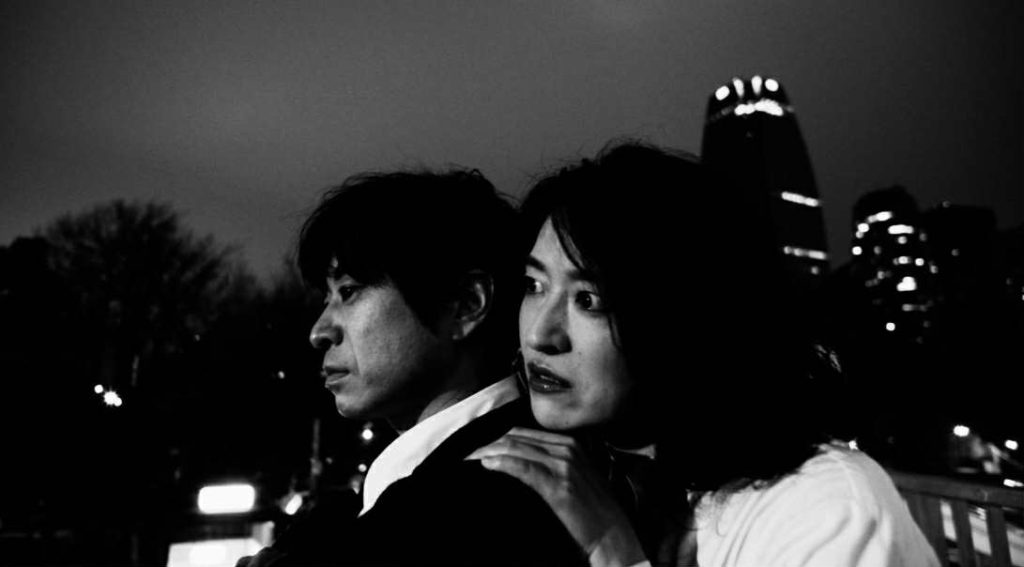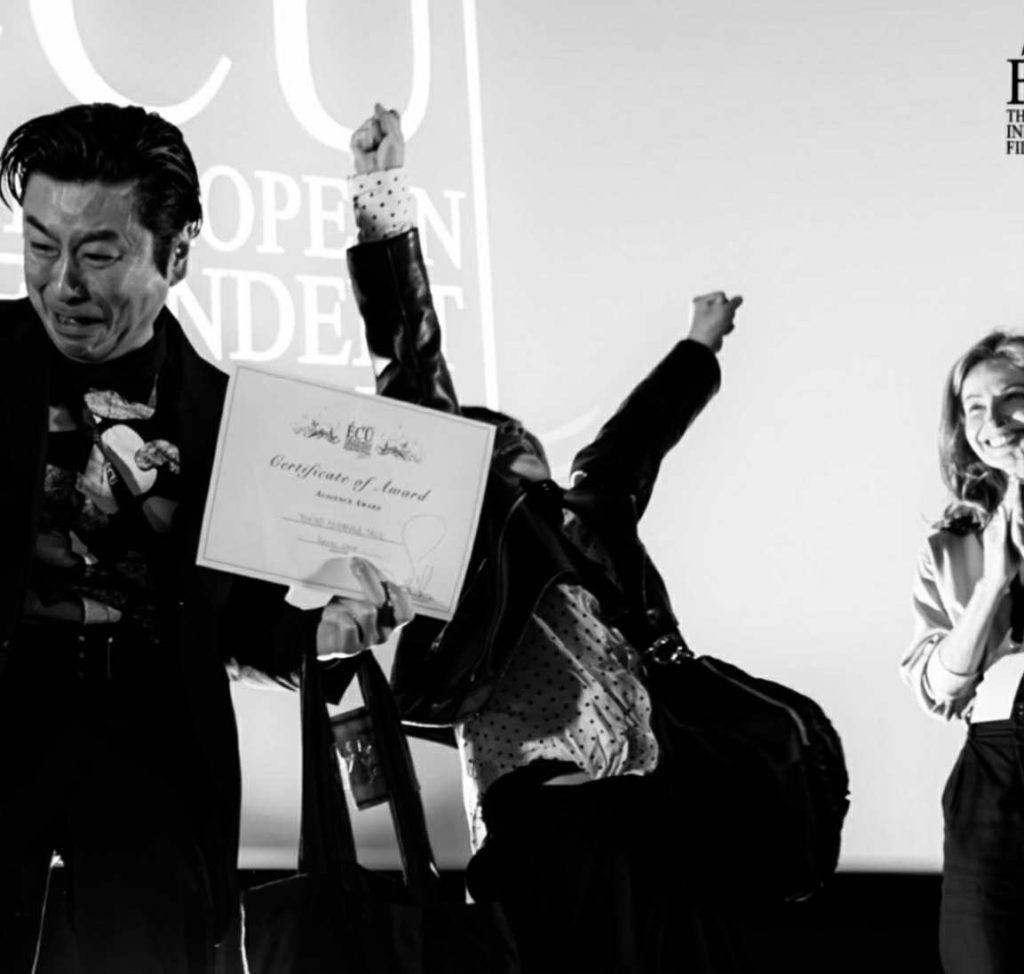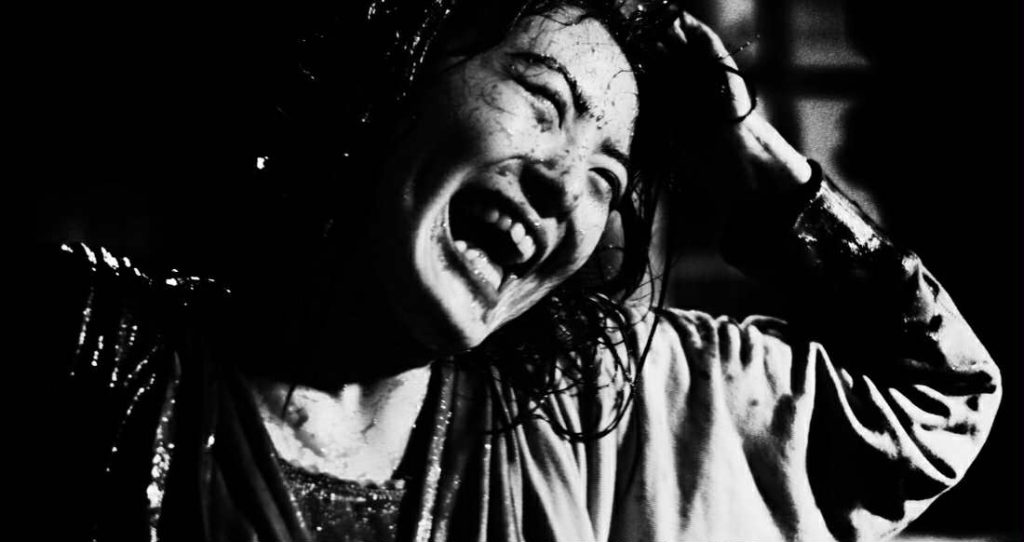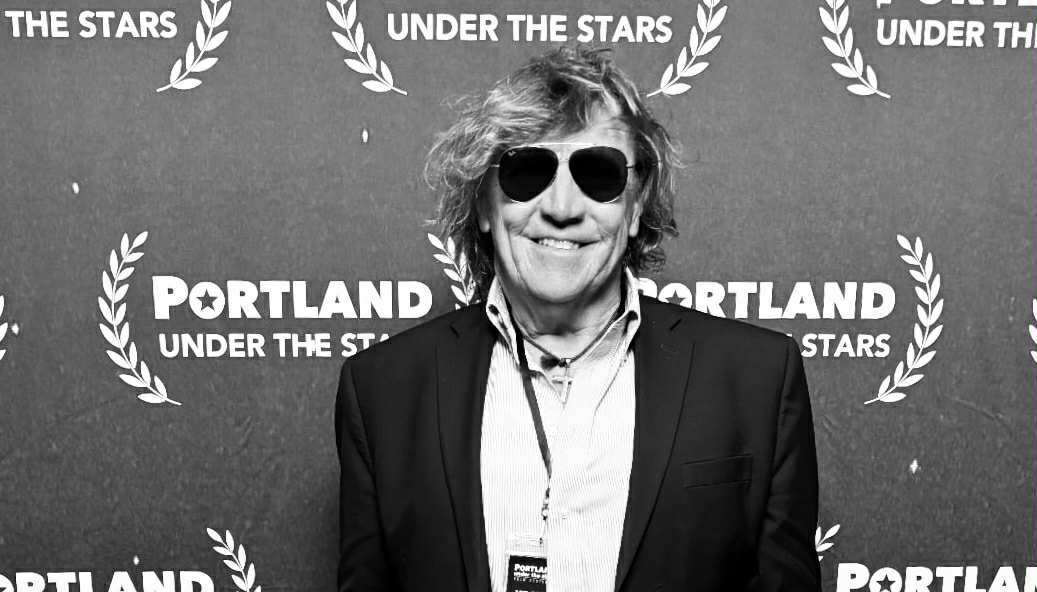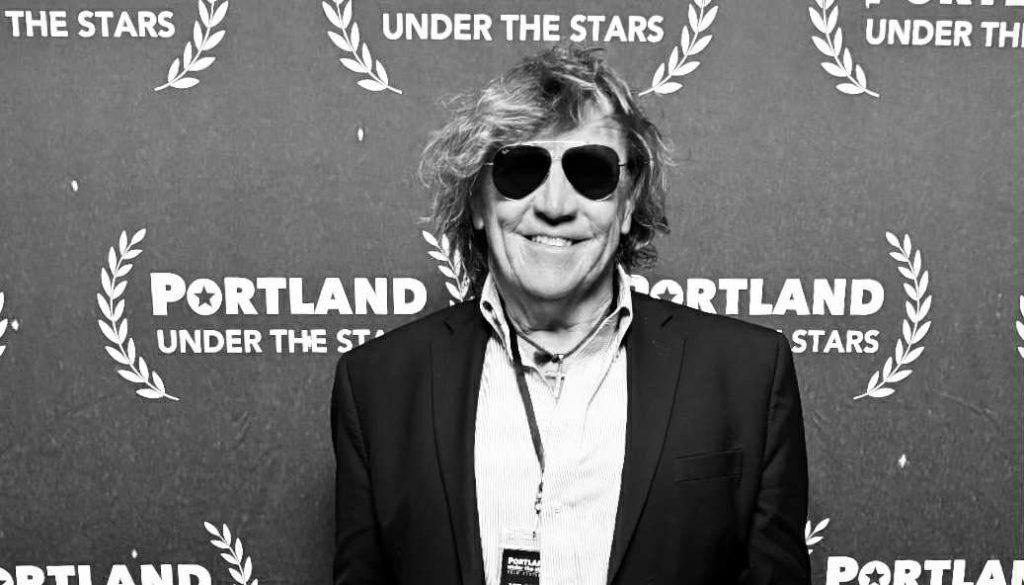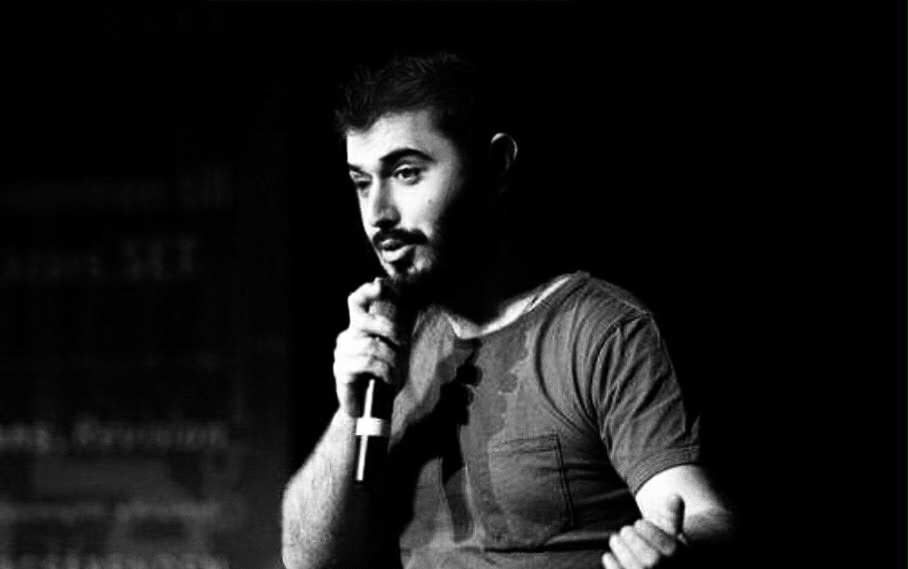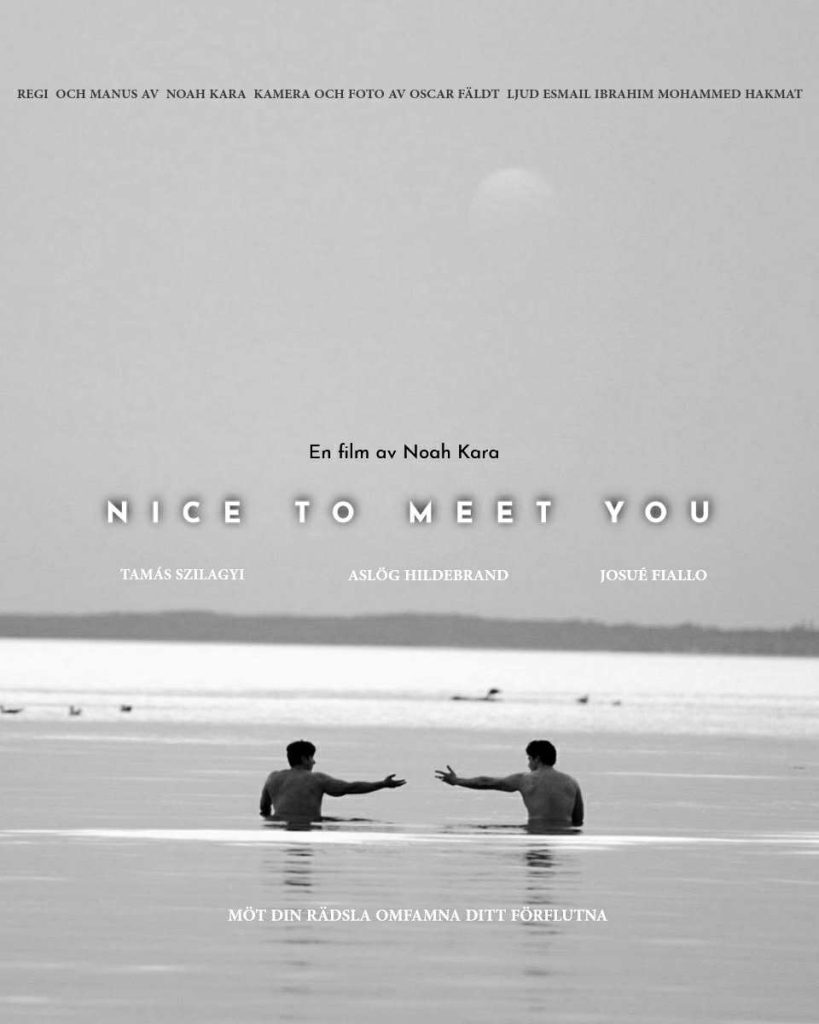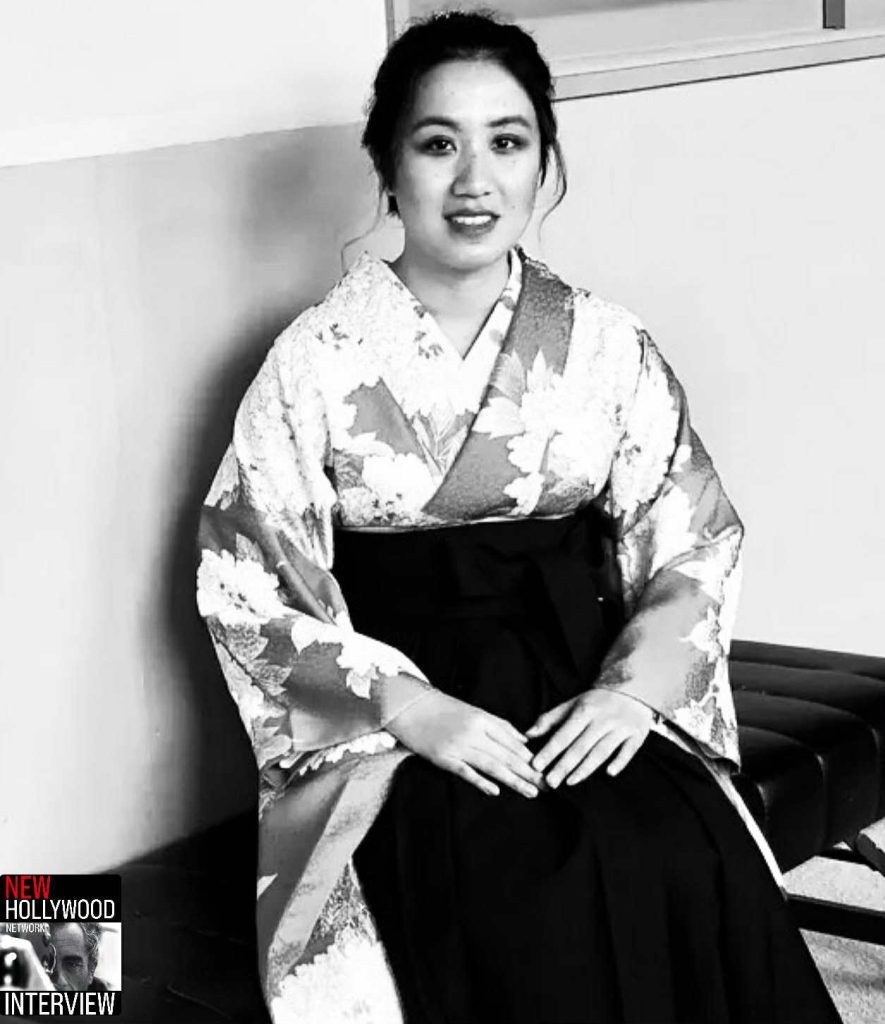
Yankee Zhou, also known as Zhou Yanz or Yankee Zhou Yanz, is a veteran in film and video production, criticism, and a published poet under the name Zhou Doubt.
He holds a Master’s Degree in Cinema Studies from New York University and has written and directed many internationally award-winning works before moving from Taiwan to the USA in 2010. His works—fiction or nonfiction—consistently revolve around the emotional state of being and warm mortality of his characters.
He is also the founder of the award-winning nonprofit organization Memory Community (a.k.a. Yankee Zhou’s Memory Community), which devotedly produces Movie Memoirs for older adults to preserve their unique and precious life stories.
His high-artistic English screenplay for a feature film he will direct himself, “Signed, Baba”, has received dozens of awards and recognitions in international film festivals.
As a poet, Yankee Zhou (Zhou Doubt) has a vast repertoire and has published two Chinese-English bilingual poetry books:
- Dying
- Poems & Ballads from the House of Drifting Clouds
His second English screenplay, “Garden Court Guardians”, gazes—through a documentary-like lens—at a group of seniors living in the same condominium complex. The theme aligns with Zhou’s long-standing creative focus on a generation often neglected or forgotten.
Where does your desire to express yourself through art come from?
I began writing in senior high school, perhaps even earlier. Being published in newspapers motivated me to continue. The original force must be credited to my late father, a self-taught literarian who wrote and published novellas and traditional poetry in Mandarin Chinese.
He worked for a newspaper and spent his evenings writing in his study, seated at his desk facing a window with his back to the open door. That image of him—framed by the doorway—has stayed with me ever since I was a boy.
My father also loved movies, so we often went to the cinema with him. Though my passion for cinema only truly emerged in college, his influence is undeniable. He collected movie magazines, which I read with fascination—never imagining that one day I would become a filmmaker myself and work with notable figures in the Taiwanese film industry.
Today, I am both a filmmaker and a poet thanks to my late father, to whom my screenplay “Signed, Baba” is dedicated.
Another driving force behind my artistic expression comes from within—my introversion and quasi-autism. I enjoy solitude and have many inner conversations. I am not good at small talk, and I have no idols. In recent years, I dream more frequently—vivid, film-like dreams with characters, plots, dialogues, and open endings. Even as a long-term CPAP patient due to severe apnea, I still dream of films every night.
What are your goals as an artist?
My goal is to be a “cinemartist” until I die.
At this stage of my life, I have devoted myself to creating art films—both screenplays and produced works—at the highest artistic level.
I have worked on mainstream and festival films, but I realize now that I should have dedicated myself sooner to genuine cinematic artistry.
As a poet, my goal is to write more poems in both English and Chinese, and someday, to write my final “death poem.” Being bilingual gives me the privilege and challenge of expressing my creative desire in both languages. I have written thousands of poems, with hundreds already published.
Beyond writing, I continue to run my nonprofit Memory Community in the USA, which I’ve led for fourteen years. As an artist, memory catcher, and senior-service volunteer, I will continue producing Movie Memoirs—biographical films for older adults, crafted with documentary care and available to view on YouTube.
What is your opinion on the cultural industry?
The term “cultural industry” strikes me as contradictory. When culture becomes industrially driven, it risks turning into merchandise. Culture should not be for sale, yet humans often market it under various justifications.
Cinema, often seen as part of the cultural industry, straddles the line between cultural expression and industrial production. Personally, I see cinema as culture, even though modern filmmaking increasingly relies on technology, AI, and animation.
Creators today enjoy industrial tools that make production easier, but the heart of cinema—its human and cultural essence—must remain at the core. Perhaps my answer to this question will evolve with time.
Do you think independent artists today have enough opportunities to share their creativity?
Not quite enough—especially regarding attention and exposure.
Most audiences remain captivated by large-scale Hollywood films. While many independent film festivals exist, and they do encourage indie filmmakers, festivals themselves are not production houses. Independent filmmakers must persevere to see their visions through.
In the U.S., we’re seeing more indie films appear on streaming platforms, often within the horror genre, due to its low-budget feasibility. While understandable, I hope that indie filmmakers will work harder on their screenplays, going beyond the familiar tropes.
This hope applies to all artists, across all art forms: to create not what is easy, but what is authentic and new.
What new project are you currently working on?
Following “Signed, Baba”—completed in 2023 after beginning in 2015–16—I have been writing “Garden Court Guardians.” The screenplay was drafted earlier this year, though I anticipate revisiting it for revision after some distance and reflection.
The current version already calls for an art-cinema level of appreciation, inviting readers and viewers to visualize the yet-to-be-made film.
Both “Signed, Baba” and “Garden Court Guardians” are written in English. Having lived in the U.S. for nearly fifteen years, it feels natural—despite my introversion—to write in English. The international recognition “Signed, Baba” has received proves that I’ve crossed the language barrier.
Lastly, in collaboration with Debi Rivera, my new poetry collection—
“More Poems & Ballads from the House of Drifting Clouds”,
a sequel to “Poems & Ballads from the House of Drifting Clouds”—
is on the horizon.


